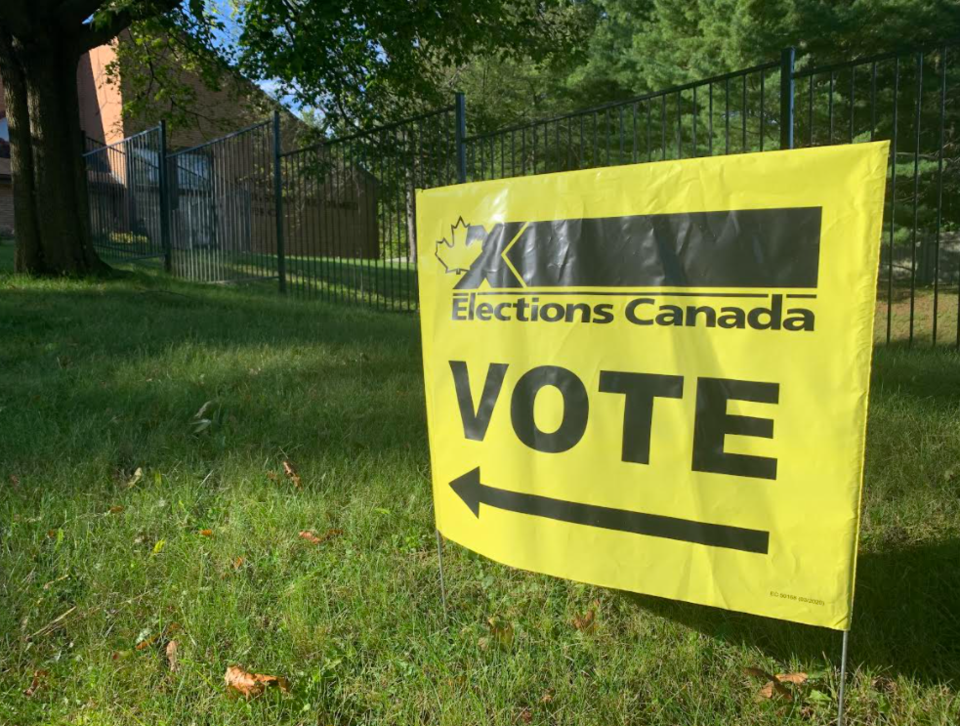Maybe we were apathetic, or maybe we were being careful in the face of a persistent pandemic, but the bottom line is Canadian voters weren’t as active on Monday as they usually are when elections roll around.
With just under one per cent of the votes still left to be counted on Tuesday, and not including voters who registered on Election Day, the 2021 federal election could go down as having among the worst turnouts ever.
Nationally, the preliminary data shows 16,020,270 of 27,366,297 registered electors cast a ballot. That represents approximately 58.5 per cent. Not since October 2008, when 58.8 per cent of eligible voters went to the polls, have so few people exercised their democratic right in Canada.
With 59.94 per cent (49,656 of 82,843 registered electors) voting, Barrie-Springwater-Oro-Medonte tended to trend slightly higher than the average. However, that’s substantially lower than the 65.78 per cent turnout in 2019, and 67.44 per cent in 2015.
Simcoe-Grey had 59.17 per cent (71,683 of 121,142 registered electors) marking an 'X' on a ballot. In 2019, 66 per cent of eligible voters participated, and in 2015 it was 67.9 per cent.
Simcoe North saw 58.94 per cent (59,610 of 101,144 registered electors) of eligible votes cast ballots, down from 65 per cent in 2019 and 65.9 per cent in 2015.
In Barrie-Innisfil, 55.39 per cent (50,000 of 90,268 registered electors) of eligible voters took part in Monday’s election. In 2019, 62.77 per cent of electors voted, down from 64.06 per cent in 2015.
York-Simcoe notched the lowest numbers locally with 51.37 per cent (48,076 of 93,596 registered electors) voting this year. The turnout was also lower there in 2019 with 60.7 per cent voting. In 2015, the turnout was 63.66 per cent.
Nationally, there was a sharp contrast with the numbers tabulated in the last election. In 2019, 67 per cent of all eligible voters turned out. That was down somewhat from 2015 at 68.3 per cent. Although, that was higher than the 2011 election when the voter turnout was 61.1 per cent.
